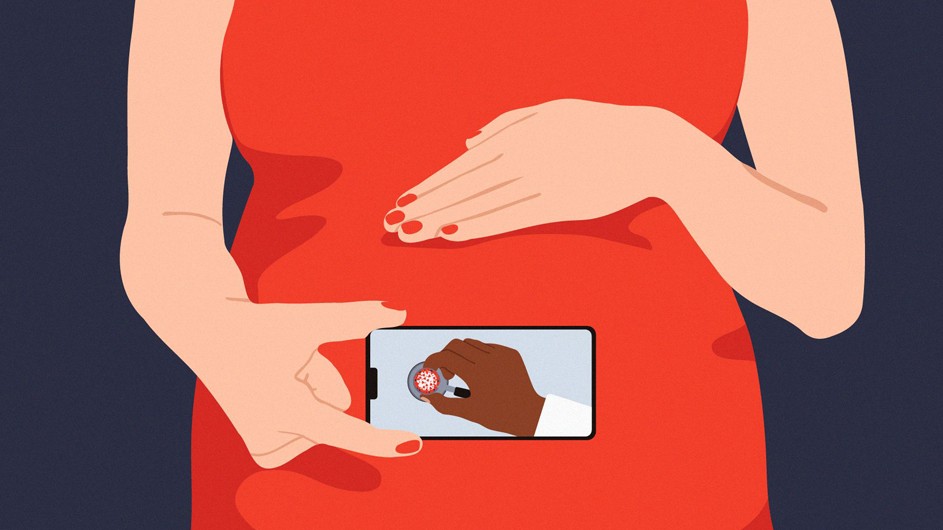This is part of a Columbia News series, titled Lessons Learned, which invites the Columbia community to reflect on the pandemic and the insights they have gained from their COVID-19 experience. These essays speak to the innovation, creativity and resourcefulness we have witnessed during this period of unprecedented challenge, as well as some of the silver linings in the actions we have had to take by necessity.
March 11, 2020, is a day that I will never forget. While our awareness and understanding of the coronavirus had been developing in the weeks leading up to this fateful Wednesday, this is the day that our team sprang into action.
As chair of the Department of Obstetrics & Gynecology at Columbia University Irving Medical Center, I knew that we could not just shut down our services—women across the city, state and region depend upon us for their essential care. Pregnant women, in particular, need ongoing management and delivery of their babies even during a pandemic and even as whispers of sheltering-in-place and the delay of elective procedures could be heard. How would we keep our patients safe? Our teams safe? Who could we look to for guidance? The anxiety and uncertainty felt enormous.
Within a few days of March 11, we had patients that were COVID-19 positive, along with doctors and staff with symptoms. Figuring out the best way to keep our team safe so that they could care for our patients safely—in the initial setting of limited personal protective equipment (PPE)—was an immediate challenge. We came together by having daily department-wide calls, leveraging telehealth as a way to follow patients remotely, quickly employing social distancing strategies, and using the lessons and relationships from our work to reduce maternal mortality and morbidity to optimally care for pregnant patients with acute complications.
Ultimately, given that we were one of the first areas to be hit hard with COVID-19, we strongly felt that it was up to us to share our findings and provide guidance to other women’s health care providers through webinars, publications, interviews and social media.
Through this unprecedented experience, one thing I’ve learned is that in a crisis, communication is essential. It is critical for sharing information, especially when guidelines and protocols are changing on a daily basis, for supporting team morale and for helping others to learn from our experiences. I’ve always valued communication, but the pandemic, with its myriad unknowns and the need to socially distance, certainly challenged our systems. Of course, the Zoom platform has played a huge role in the mechanics of communication and collaboration, but it was really the nature and quality of the communications that were new and unprecedented.
On our daily departmental calls with hundreds of people, we shared not only the most up-to-date PPE and testing protocols but reflections from our doctors and staff about their experiences, including their own serious illnesses from coronavirus. I always say that getting through any difficult period requires courage, skill,and tenacity. This one was certainly no exception, and our ability to communicate and share our courage, skill and tenacity with each other is what got us through as a team. In many ways, COVID-19 has made it much more difficult to collaborate, but in other ways it has brought us together in new and more profound ways that I hope will continue.
Mary E. D'Alton is chair of the Department of Obstetrics & Gynecology and the Willard C. Rappleye Professor of Obstetrics & Gynecology at Columbia University Irving Medical Center. She also serves as director of services at the Sloane Hospital for Women at NewYork-Presbyterian.
